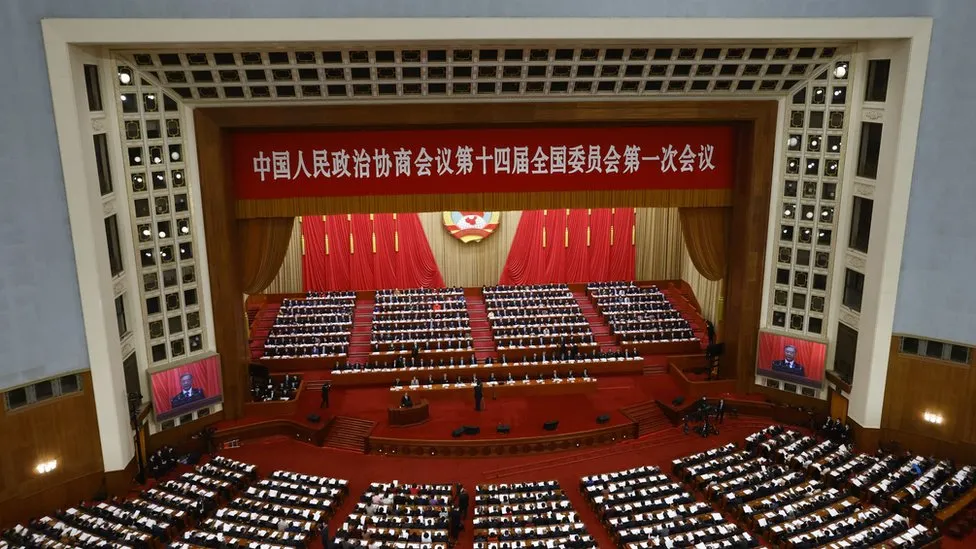Can a rubberstamp parliament help China’s economy?
China’s parliament, the National People’s Congress, is often criticized for being a rubberstamp parliament with limited power to challenge the decisions made by the ruling Communist Party. Some argue that this lack of opposition hinders accountability and transparency, while others believe it allows for efficient decision-making and implementation of policies.
When it comes to China’s economy, the role of the parliament is significant. The NPC approves the government’s budget and economic plans, which can affect the country’s economic growth and development. However, critics argue that without meaningful debate and scrutiny, the parliament’s approval may not always be in the best interest of the people.
On the other hand, supporters of the current system argue that China’s rapid economic growth over the past few decades is proof that a rubberstamp parliament can be effective in driving economic development. They believe that the government’s ability to implement policies without significant opposition has allowed for quick decision-making and execution.
In conclusion, the debate over whether a rubberstamp parliament can help China’s economy is ongoing. While some argue that it hinders accountability and transparency, others believe that it allows for efficient decision-making and implementation of policies. Ultimately, the effectiveness of China’s parliament in driving economic growth will depend on how well it balances the need for oversight with the need for swift action.
